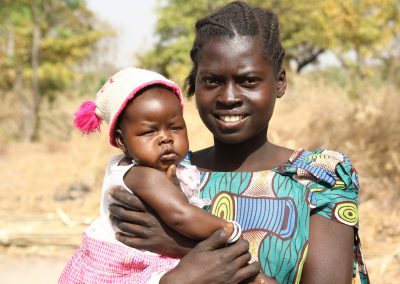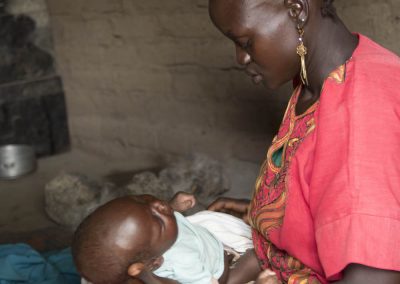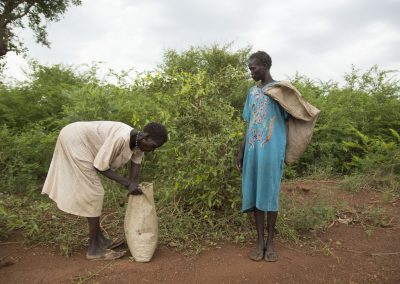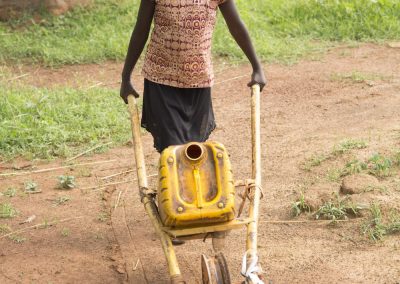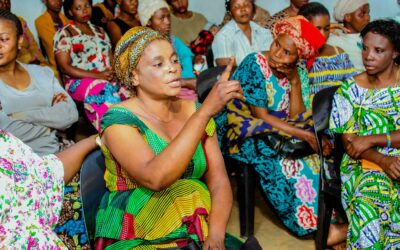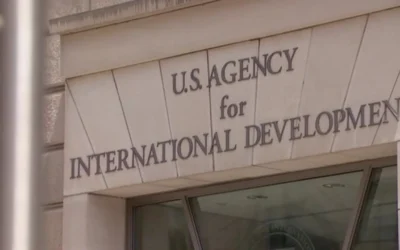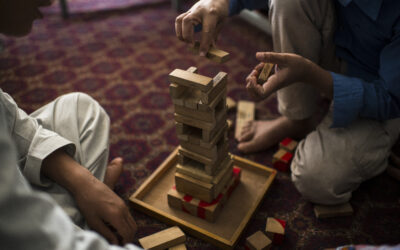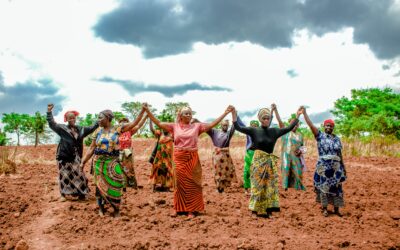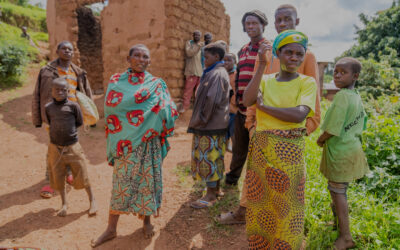The crisis in South Sudan is complex, but there is still room for hope
When South Sudan gained it’s independence in 2011, the international development community saw the world’s youngest nation as a blank slate of opportunity. Well-intentioned NGO’s and experts had high hopes for increasing and improving programs that would alleviate poverty for communities in South Sudan. Rarely in our work though, do our “ideals” match what is actually happening on the ground.
There are no blank slates free of historical, relational, or political context, and to think that there are, can frankly be dangerous. The current crisis in South Sudan is a reminder of the complexities and messiness of development. And while it would be easy to let that settle into apathy or even cynicism, if we’re willing to press forward, there is room for optimism.
The Greatest Humanitarian Crisis in Decades
South Sudan is experiencing one of the greatest humanitarian crises in decades due to years of political conflict layered on top of severe drought. While just one region is officially in a famine, most of the nation is at a crisis or emergency stage when it comes to food security (having consistent access to affordable and healthy food) and could slip into a famine without adequate intervention.
Let’s be really clear about something though: “famine” is not a natural disaster, it’s not something that happens simply because there’s not enough rain; famine is a political and institutional failure. That’s actually encouraging, because while we can’t do anything to prevent the next catastrophic earthquake or typhoon, we can work to empower communities that are vulnerable to famine and food crises.
The conflict isn’t going away anytime soon, and honestly that’s not something that community development alone will address. It will take time and work at the national and international levels. However, it is still vital to work within communities to build institutions from the ground up and invest in their ability to not just be resilient…but to thrive.
One Village at a Time
This isn’t just about starting local, it’s about going deep. If we’re going to see systemic changes in communities in South Sudan then there needs to be a holistic approach that looks at all the issues that impact a family and their ability to thrive.
So we’ve decided to work with our good friends at World Concern in Ranguo, South Sudan. The goal is to come alongside the people of Ranguo and help them create sustainable solutions to their current needs. One of the first things will be to establish reliable access to clean water and sanitation to help prevent the spread of diseases. Additionally, we will be investing in education by providing opportunities for children to go to school, as well as literacy training for adults.
To address the economic and food insecurity head on, we’ll work with the community to provide training, tools and materials for farmers to ensure sufficient food production in the community. In conjunction with this, savings groups and small business loans will provide income generating opportunities.
The world is a abuzz with thousands of things vying for our attention. Every time we’re faced with a crisis like this in the world, we’re presented with a choice: we can either withdraw or we can engage. Engagement doesn’t mean we all have to become activists for the cause; it can be as simple as staying informed, talking to friends about it, and taking one simple action step. The point is to not let it slip past us as just another international disaster, but to pause, reflect, and consider how we each can be part of the solution.
You can learn more about our partnership with World Concern in South Sudan and take action here.
Share this story: [shareaholic app=”share_buttons” id=”26108403″]
More stories of impact
Turning Challenges into Opportunities: Masoka’s Journey of Empowerment
Masoka’s hands are stained with the rich soil of the land she now calls home. A 37-year-old mother of four, she arrived at Dzaleka Refugee Camp in Malawi after fleeing the conflict in her home country, the Democratic Republic of the Congo. The future felt uncertain,...
What Was USAID, and What Now?
USAID has made news headlines constantly over the last few months. You may find yourself wondering: what is USAID, and is One Day’s Wages affected by its dismantling? As a global development organization, we at ODW care deeply about the people who depend on foreign...
Growing Love, One Drop at a Time: How One Woman Turned Her Birthday into a Gift of Clean Water
When Sara, a graphic designer and mother from Oregon, started thinking about how to celebrate her birthday, she decided to do something different—something meaningful. With a belief that “we are all connected… with the power to affect change by how we live our own...
Bridging the Gap: An Update on Our Response to the Funding Freeze
In Matoh, Cameroon, a mother prepares to give birth. Life in a conflict zone means getting to a safe facility with trained health workers is nearly impossible. Fortunately, a new mobile clinic begins offering prenatal care and transportation to a birthing clinic,...
Why We Invest in Women
There’s an old Ghanaian proverb: “If you educate a man, you educate an individual. But if you educate a woman, you educate a family.” On this International Women’s Day, we celebrate the power of women—how their resilience, leadership, and determination transform not...
The Case for Social Inclusion
Today is the World Day of Social Justice! Never heard of it? Never fear, we’re here to fill you in. In 2009, the United Nations General Assembly launched the World Day of Social Justice to recognize our on-going need for inclusive economic development and decent work...
LEARN
Leadership
Transparency
Read the Latest
Contact Us
COLLABORATE
Faith Groups
Schools
Businesses
Get Involved
One Day’s Wages exists to alleviate extreme poverty by investing in, amplifying, and coming alongside locally led organizations in underserved communities.
©2025 One Day's Wages is a registered 501(c)(3) organization | Tax ID #26-2566653 | Privacy policy | Terms of use
P.O. BOX 17575 Seattle, WA 98127 | Contact us

